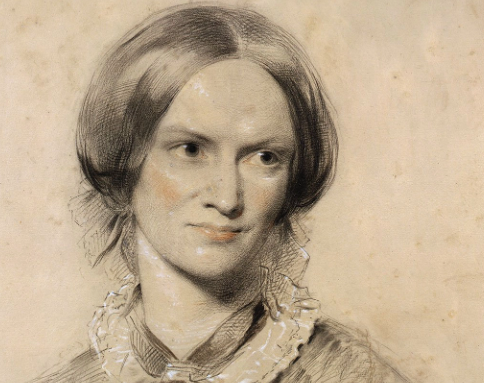Exploring Jane Eyre’s Struggle for Self-Respect
The journey of Jane Eyre, the protagonist of Charlotte Brontë’s classic novel, is not just a tale of love and independence; it is also a profound exploration of self-respect. This theme resonates with readers today, reminding us of the importance of self-worth in our own lives. By examining Jane’s struggles and triumphs, we can learn valuable lessons about asserting our identity and valuing ourselves.
The Impact of Childhood Experiences
Jane’s struggle for self-respect begins in her childhood, marked by traumatic experiences that shape her perception of self-worth. Growing up as an orphan under the cruel care of her aunt, Mrs. Reed, Jane is subjected to mistreatment that instills deep-seated feelings of inferiority. Her early experiences highlight how familial relationships and social status can influence one’s sense of identity. Jane’s resilience, despite the neglect and disdain she faces, lays the groundwork for her later quest for self-respect. This serves as a powerful reminder that our past does not define our future; rather, it can fuel our desire to rise above adversity.
Finding a Voice in Independence
As Jane matures, she seeks independence—first as a governess and later through her pursuit of education and self-fulfillment. This transition is significant as it represents her effort to claim her dignity and self-worth. By becoming financially independent, Jane begins to establish her own identity separate from the influences of others, particularly men. Her relationship with Mr. Rochester serves as a turning point; she demands respect and equality in love, refusing to compromise her values. This journey of self-discovery emphasizes the importance of finding one’s voice and asserting it in both personal and professional realms.
The Role of Moral and Ethical Integrity
Self-respect for Jane is closely tied to her moral and ethical beliefs. Throughout the novel, she prioritizes her principles over societal expectations. This is most evident when she chooses to leave Mr. Rochester rather than live in a compromised moral situation. Jane’s decision underscores the notion that true self-respect comes from living authentically and aligned with personal values. Her unwavering commitment to integrity pushes her to seek a life that honors her identity, reinforcing the idea that self-respect is not merely about external recognition but about internal alignment.
Conclusion: Embrace Your Journey to Self-Respect
Jane Eyre’s journey illustrates the complexities of striving for self-respect amidst societal pressures and personal challenges. Her story encourages us to reflect on our own lives and the importance of asserting our self-worth. By understanding the impact of our past, pursuing independence, and upholding our ethical beliefs, we can carve our own paths to self-respect. If you find yourself inspired by Jane’s tale, take the next step in your journey—reflect on your values and embrace your unique identity.
